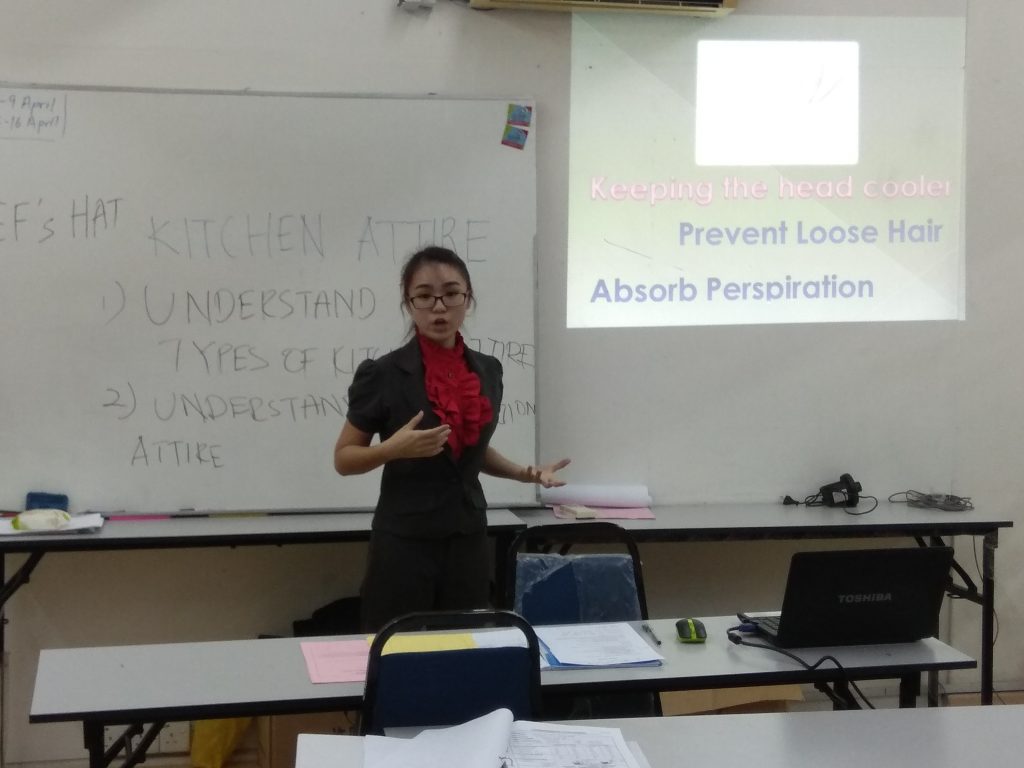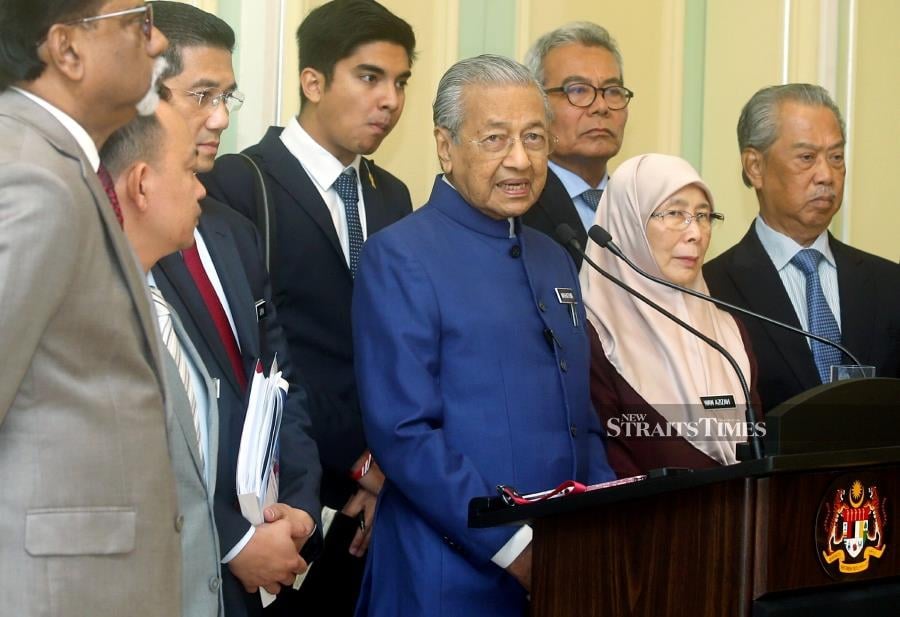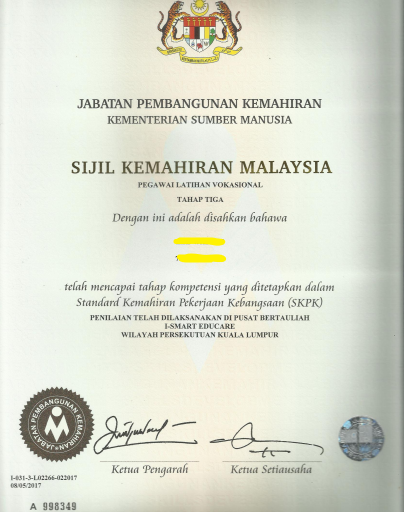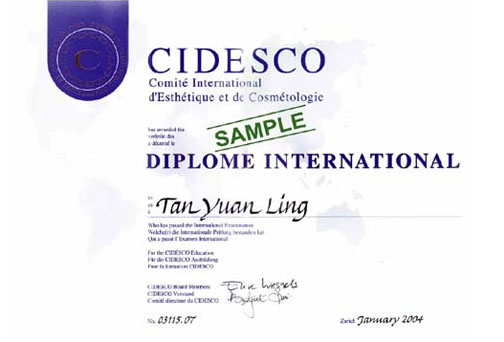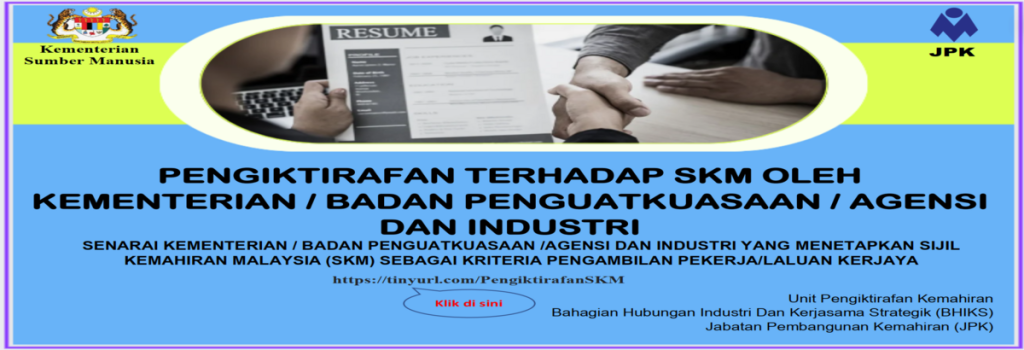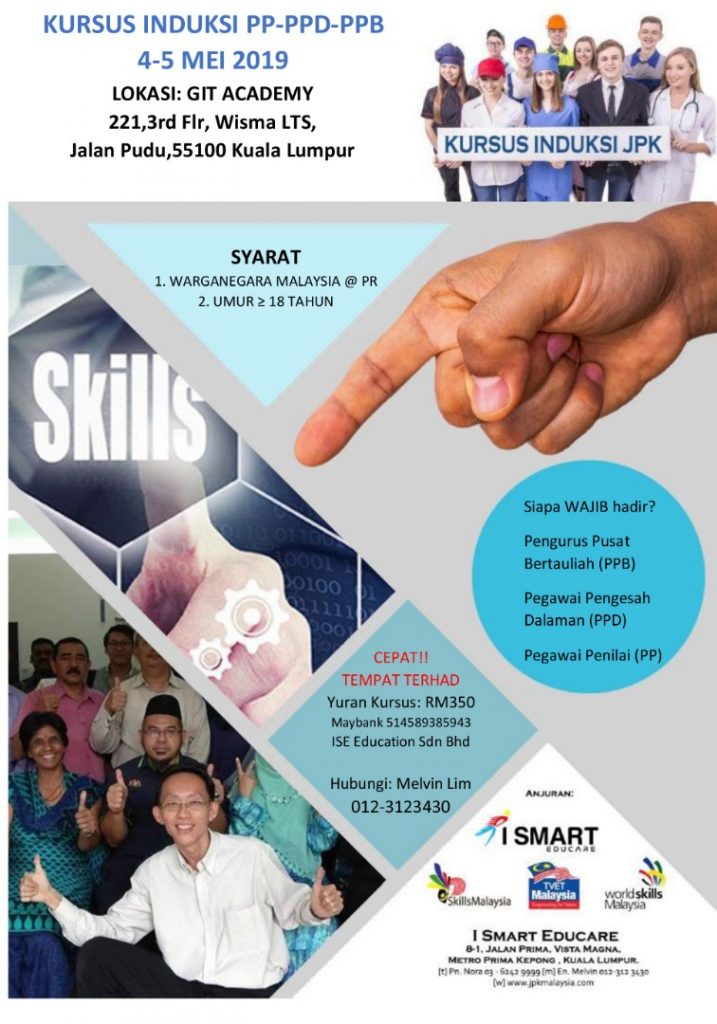A NEW framework for technical and vocational training is in the pipelines.
If approved, the proposal will see a more streamlined, effective, and industry-relevant, Technical and Vocational Education Training (TVET) system.
Proposed by the National TVET Movement to the Economic Planning Unit last month, the framework aims to address the country’s ailing TVET system.
National TVET Movement vice-chairman Datuk Ahmad Tajudin Jab said if implemented, the framework would simplify our fragmented system, and prevent the overlapping of responsibilities between different government bodies.
“Our focus is on upper secondary school students. We want to create a TVET champion.

TVET students being trained to be industry-ready. — File photo
“We want students to have better access to choices between academics and something more hands-on like TVET. This is what’s happening in other countries,” said Ahmad Tajudin, who recently retired as the Education Ministry deputy director-general.
Among those part of the Movement are the Federation of Human Resources Ministry’s Department of Skills Development (JPK) Accredited Centres (FeMac), National Council of Professors, and the National Parent-Teacher Associations’ Vocational and Technical Consultative Council.
For too long, TVET has been the “troubled stepchild” of the education system, he said.

This framework tackles long-standing problems like the:
> Overlapping of programmes and certifications;
> Misguided focus on post-secondary TVET students instead of upper secondary students;
> Existence of multiple accreditation bodies and agencies implementing TVET;
> High operations cost resulting from the many ministries involved;
> Weak policies; and
> Private TVET providers being treated as competitors.
“All TVET institutions should be streamlined, rationalised, and consolidated, under the Education Ministry.
“This ensures that teachers and trainers are better taken care of under one scheme of service. And, there won’t be a need to close down any institutions if all facilities and resources are under one roof,” he said, adding that it would also be more cost effective for the Government while ensuring smoother communication between the industry and institutions.
Other reforms proposed by the Movement include:
> Reducing existing certifications to an important few;
> Having a single accreditation body for TVET;
> Establishing two educational pathways for students to choose from;
> Allowing industries to take the lead;
> Enhancing TVET apprenticeship programmes based on models from other developed countries; and
> Formulating policies and legislations to enhance careers in TVET.
Greater emphasis, and an overview, of TVET implementation is needed, Ahmad Tajudin said.
There should be training provisions to facilitate contributions from private TVET providers, and there must be closer collaboration between the industry and these providers.
“Our TVET system needs stronger institutional coordination, and greater transparency among the multiple public agencies.
“TVET restructuring is a small part of a holistic solution, but it’s a start to the reform,” he said, adding that strong political will from the Government was crucial to ensure the country’s TVET success.
Education Minister Dr Maszlee Malik said the Government would continue enhancing the capabilities of TVET institutions and systems to remain competitive and meet industry demands.
Speaking during his annual new year address in Serdang on Monday, he said the ministry would implement a harmonised accreditation and quality assurance system to enable student mobility in TVET institutions, which includes the Malaysian Technical University Network (MTUN).

The launch of Limkokwing TVET International, a TVET Malaysia Training Centre at Limkokwing University.MOHD SAHAR MISNI/The Star
MTUN, he said, should move in the direction of Fachhochschule – Germany’s tertiary education institution specialising in topical areas.
MTUN, he added, shouldn’t be evaluated solely based on publications, but also on the ability of the graduates produced to solve technical issues.
He said the ministry plans to increase the quality and delivery of TVET by enabling the industry to lead the curriculum development, avoid overlapping of programmes and resources, improve cost effectiveness, and widen the funding to increase enrolment.
He said the ministry was also in the midst of addressing recognition issues involving controversial vocational colleges.
He assured polytechnics and community colleges that they wouldn’t be sidelined in the reform process.
“To ensure the employability of our graduates, closer collaboration between these institutions and the industry – especially with the big players – will be prioritised,” he said, adding that these were part of the ministry’s efforts in making sure that TVET, polytechnics, vocational colleges, and community colleges, are no longer seen as second choice options.
In June last year, Dr Maszlee appointed Lembah Pantai MP Nurul Izzah Anwar to chair a special TVET task force.
The duties of the task force, said Dr Maszlee, was to conduct research across all ministries that provide TVET education and training, and recommend how the country’s TVET system can be improved. This includes a review of TVET education and training laws, and the possibility of a TVET commission.
However, the TVET industry was left reeling following Nurul Izzah’s resignation as PKR vice president on Dec 17, and her decision to no longer serve the federal government in any capacity.
“We’ll continue advocating for a sustainable and effective TVET implementation,” said Ahmad Tajudin.
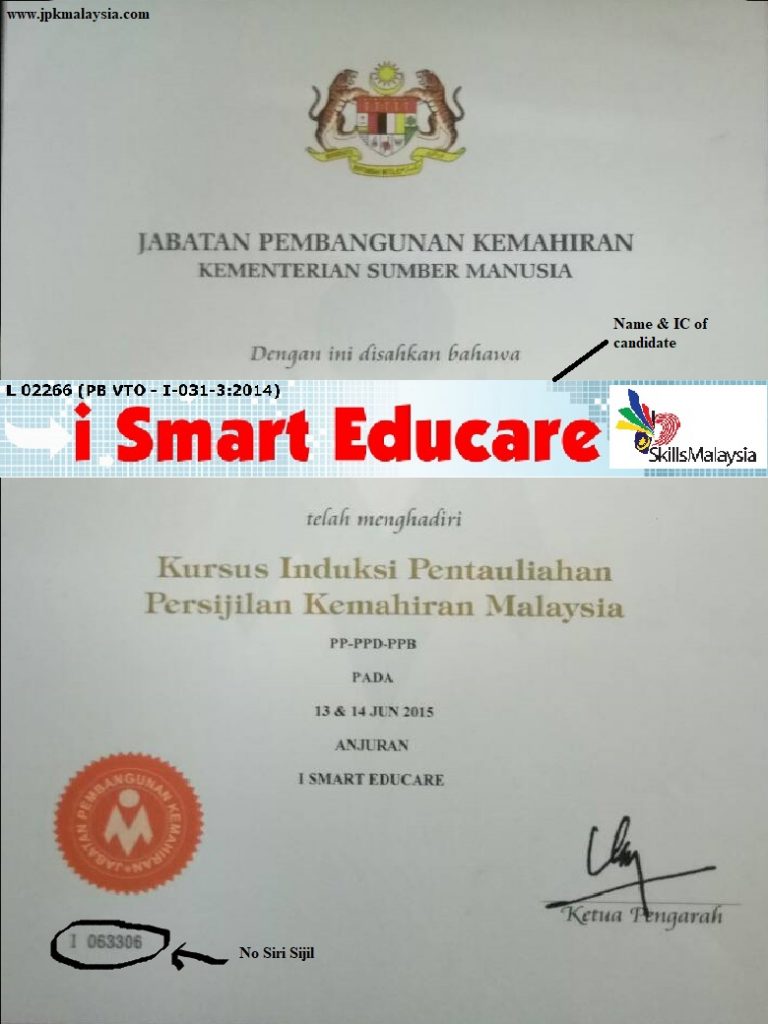

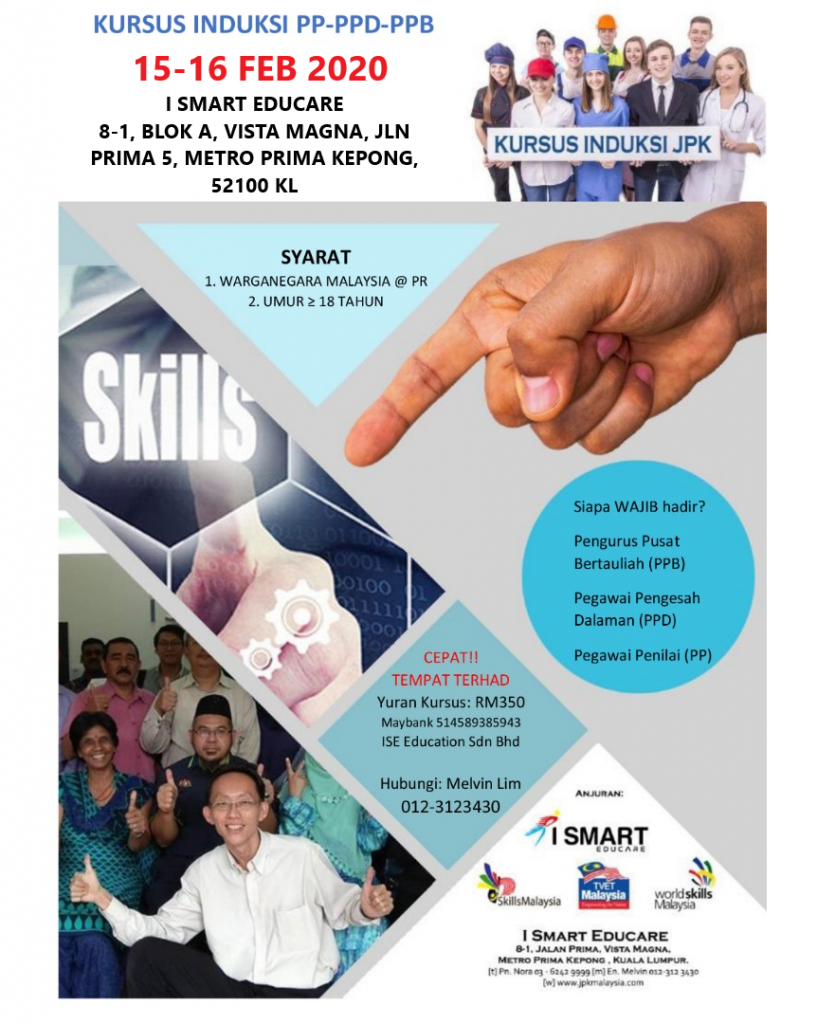
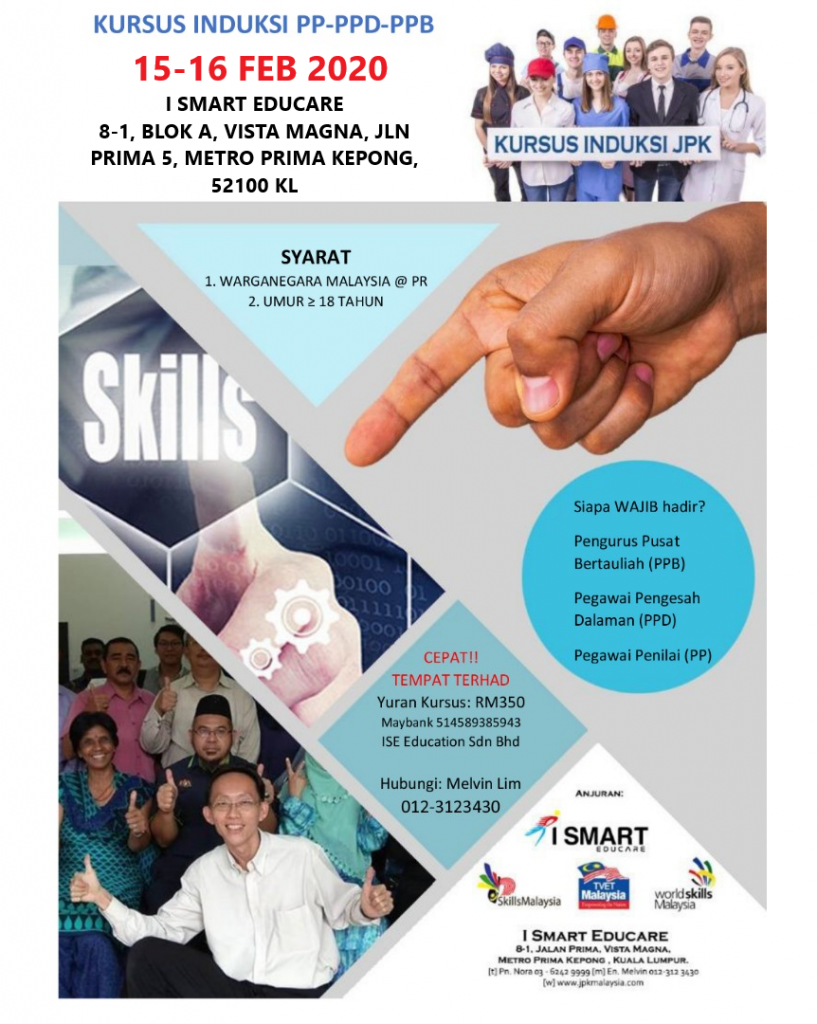

.JPG)
